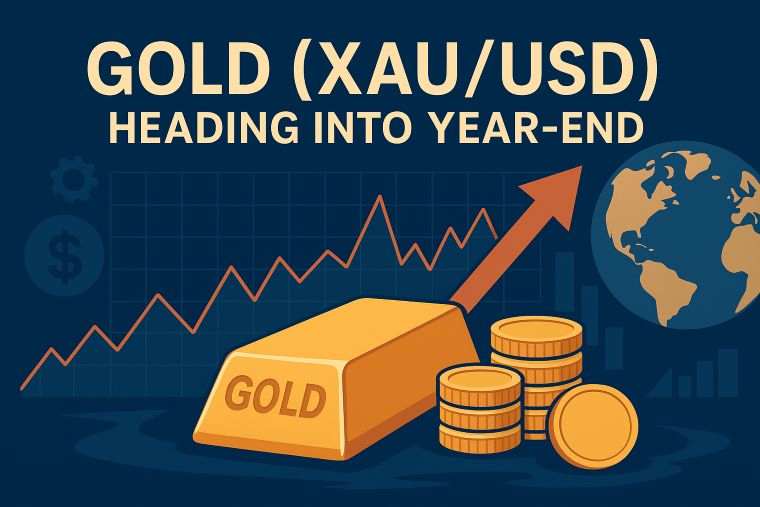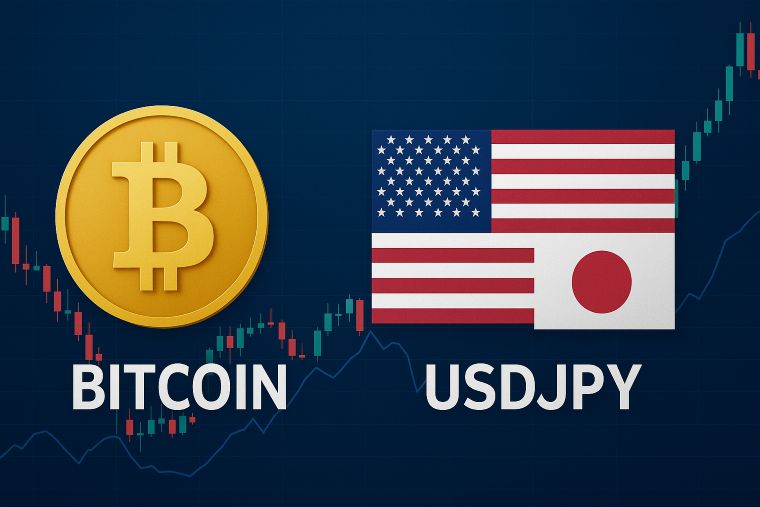3 min to read
AUD Rises Due to RBA Rate Hike
New Governor Ueda of the Bank of Japan has announced the continuation of the bank's ultra-easy monetary policy.

“AUD Rises Due to RBA Rate Hike, JPY Hits 15-Year Low Against EUR”
The Japanese yen has suffered significant damage this week, hitting a 15-year low against the euro.
The EUR/JPY pair has broken through the psychological level of 150 yen and has been gaining momentum, expanding the trend that started after the pandemic.
This decline in the yen can be attributed to a typical case of deviation in central bank policies.
While the Bank of Japan (BOJ) refuses to tighten its monetary policy, other major central banks are rapidly raising interest rates, and the interest rate differential against the yen continues to widen.
With investors seeking higher returns abroad, the yen is functioning as a safe haven, resulting in capital outflows from Japan.
The eurozone has become an attractive investment destination due to a series of significant rate hikes by the European Central Bank (ECB), and the European stock markets are trading at record highs. Therefore, the decline of the yen against the euro is particularly painful.
There is no immediate outlook that can reject this trend unless the BOJ intervenes in the foreign exchange market.
The next BOJ meeting is expected to take place in mid-June, and it is expected that the risk sentiment will calm down after the banking crisis subsides.
Therefore, the demand for the yen as a safe haven is expected to continue to decline.
Unexpected Rate Hike by RBA Boosts AUD
In Australia, the Reserve Bank of Australia (RBA) announced an unexpected interest rate hike in its policy decision.
The market expectation for an interest rate hike by the RBA was less than 15%.
The RBA is carefully resuming its tightening trend, as the current inflation rate is still too high, and it also suggested the possibility of future rate hikes.
Currently, the market is predicting another rate hike by this summer, with the probability reaching about 50%.
In the foreign exchange market, the unexpected rate hike by the RBA has caused the Australian dollar to rise. However, considering the weak economic situation in Australia, which heavily relies on exports, such as the sharp drop in iron ore prices and the deterioration of China’s business sentiment survey released over the weekend, it is doubtful whether this rise of the Australian dollar will continue.
Eurozone Inflation and US Debt Ceiling are in Focus
In the eurozone, the release of inflation data is in the spotlight, and it is a crucial indicator ahead of the ECB policy decision on Thursday.
Although the market has priced in the final rate hike by the Federal Reserve, the uncertainty surrounding the ECB decision casts a shadow.
The market is mostly convinced that the ECB will raise interest rates, but opinions are divided on the extent of the hike, with most predicting a 0.25% increase.
Therefore, future inflation data will be highly valued.
On the other hand, on Monday, US regulators’ plan for JPMorgan to absorb all assets of First Republic Bank helped ease concerns about further impact on the banking sector. This announcement, along with a positive US ISM manufacturing survey, boosted market sentiment, resulting in an increase in US bond yields and the US dollar.
Yesterday’s stock market remained almost flat, and there was little impact on Yellen’s warning that the US government’s fiscal funding could be depleted by early June if there is no agreement on the debt ceiling.
The only market concerned about this risk is short-term bond yields, but there may be changes as the day when the fiscal funding runs out approaches.
As for earnings reports, Pfizer, AMD, Starbucks, and Uber will report their quarterly earnings.
Visit XM Official Website.

